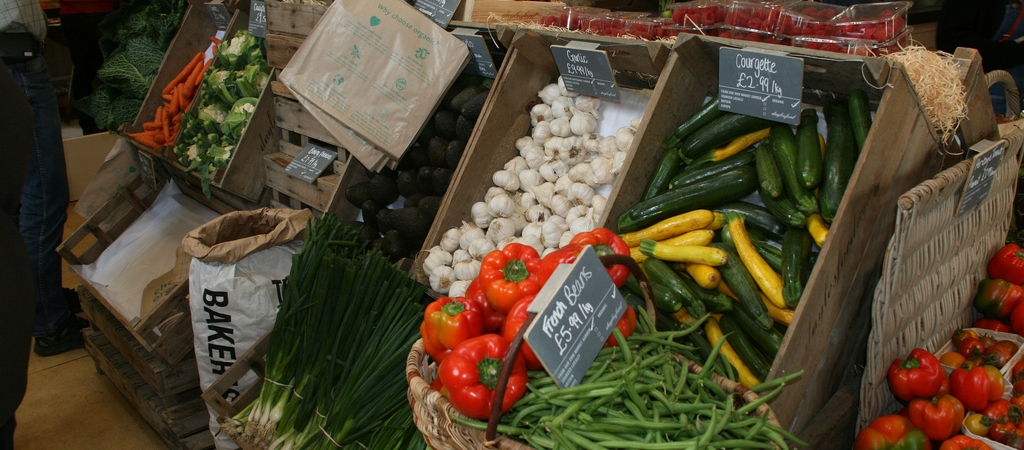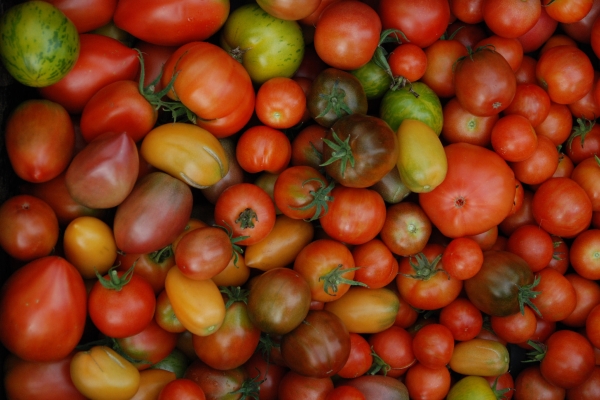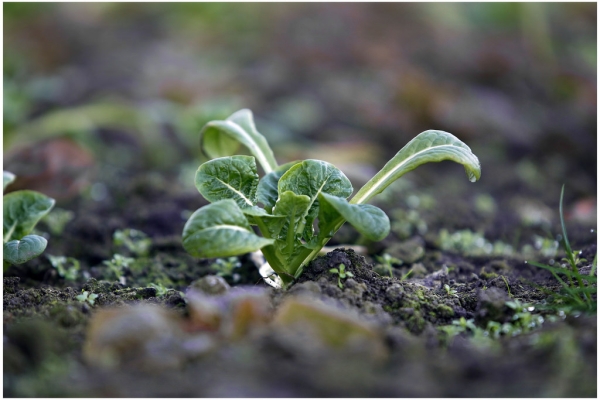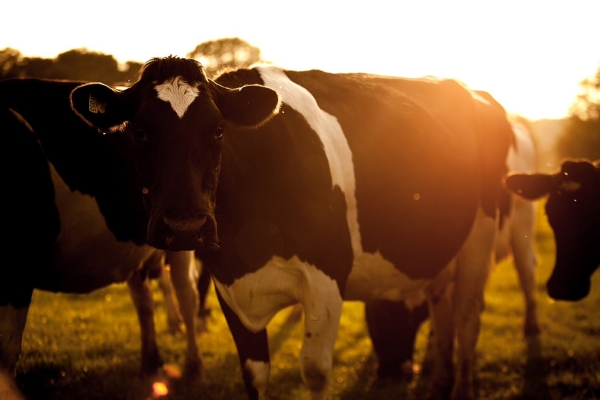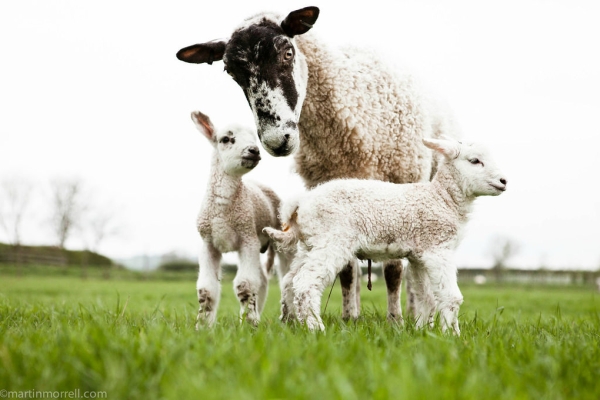Sustainability and quality of organic food
FiBL Dossier
Resource explained
This dossier presents research carried out by the Research Institute of Organic Agriculture (FiBL). It looks at the relationship between sustainability and food quality, and draws attention throughout to standards dictated by the International Federation of Organic Agriculture Movements (IFOAM) and private regulatory bodies.
It takes a holistic look at assessing food quality; incorporating environmental, social and economic considerations and reviewing the whole process from the field to the plate rather than just focusing on individual characteristics of a product. It highlights differences between organic and conventional food through looking at various aspects of sustainability and providing different examples, showing how organic principles are implemented in practice and considering aspects of production, processing and distribution.
There are sections on: fruit and vegetables, field crops, animal products, convenience food, processing, ecological sustainability, authenticity, ‘seeing food as a whole,’ fair trade and social, and packaging.
Findings & recommendations
- The principles defined by IFOAM form the basis for the production of organic food.
- Evaluation of food quality should take into account regionality, fair trade, sustainability, energy consumption and production and processing techniques, and not be solely focused on characteristics of the product.
- The well-being of consumers is affected by food production methods as well as by the products they actually consume.
- With a few well documented exceptions (such as organic wheat containing less protein than conventionally farmed wheat), organically produced foods tend to be higher in the substances that nutritionists have identified as being beneficial.
- Various precautions need to be taken to ensure that organically farmed produce is not contaminated with substances that do not conform to organic standards within both processing and distribution. High traceability and authenticity standards help to ensure that this does not happen.
- Where they are considered to meet organic standards, organic processed and convenience food has been subjected to fewer detrimental processes and contains fewer potentially harmful substances than the same foods processed conventionally.
- In many cases, organic production methods entail reduced environmental and social impacts, which can be considered factors that contribute to a holistic understanding of quality.
